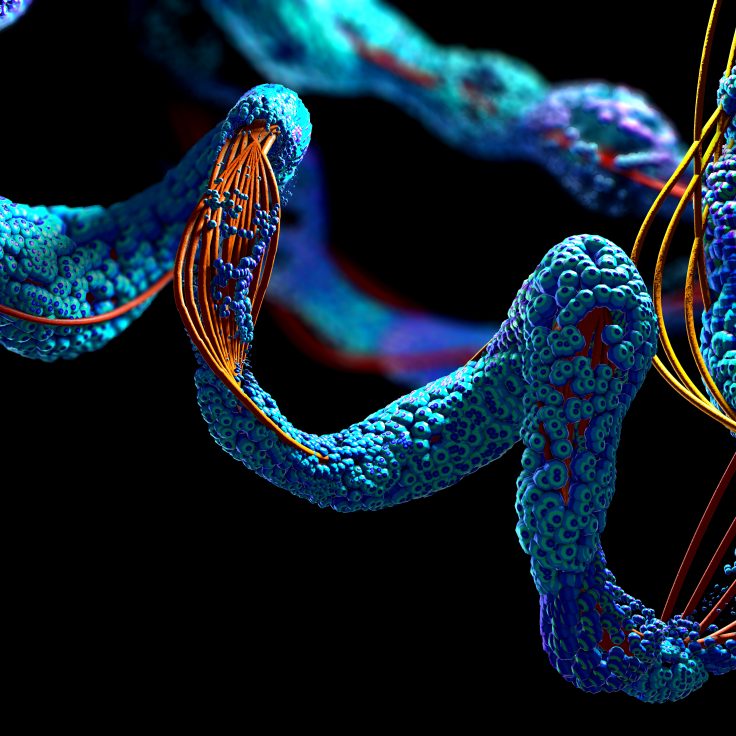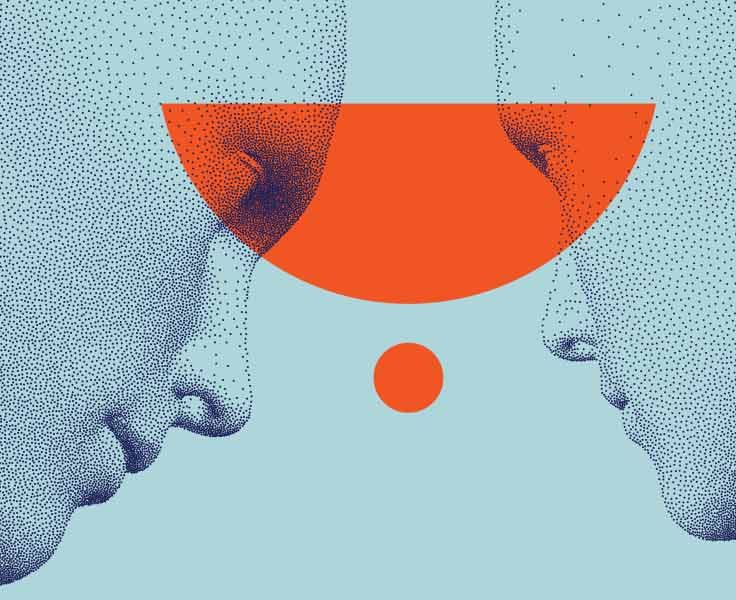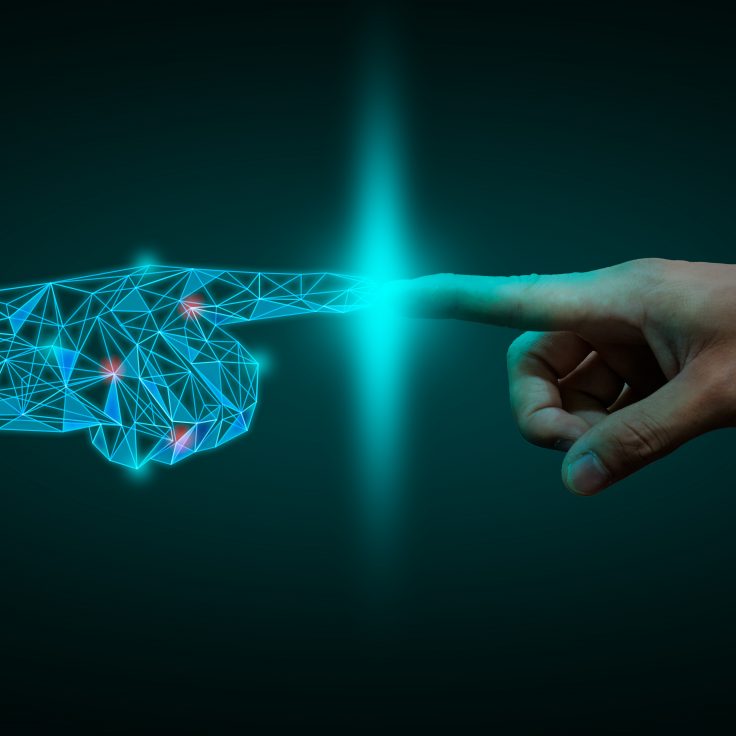Why AI and the Humanities Need Each Other
As artificial intelligence becomes a fixture in our lives, three rising scholars from the College of Liberal Arts and Sciences had a chance to examine how our society shapes technology — and how the technology influences our society in turn.
At a conference hosted by the National Humanities Center, they explored AI’s possibilities for their fields. Just as critical is the role the humanities will play in developing AI for a fairer society.

“The conference helped me see that collaboration can be done across the humanities and the sciences,” said Lauren Burrell Cox, a PhD candidate in the Department of English. “We both need each other.”
Laken Brooks, a PhD candidate in English who studies disability, gender and digital humanities, sees great potential in AI for digital storytelling. “While many people think of AI as being purely technological, as a computer science tool, AI is often rooted in storytelling and dialogue,” Brooks said. She pointed to the example of chatbots, for which writers are necessary to create an authentic voice.
Victoria Machado (PhD ’21), a scholar of religion and nature, noted that those in the humanities have a role to play in identifying biases in AI systems. “We impose our own values onto the systems we create whether we mean to or not,” she said.
If approached mindfully, AI presents the potential for new perspectives that reach the core of the humanities. “I think AI gives the humanities a unique opportunity to re-examine what it means to be human,” Cox said.
This story is excerpted from a previously published feature.
More stories about artificial intelligence from the fall 2021 issue of Ytori Magazine.


